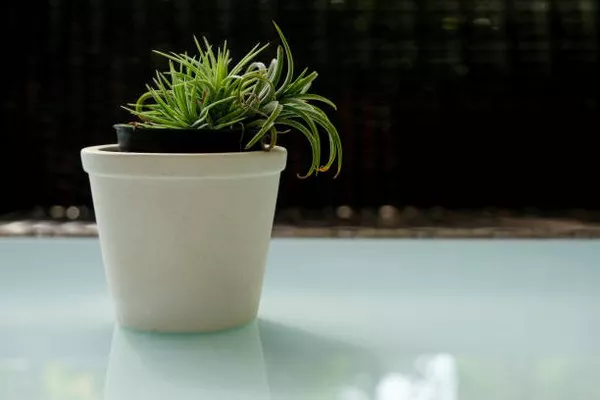A recent study published in Urban Forestry & Urban Greening reveals that selective planting of attractive flowering plants can significantly enhance the conservation value of urban greenspaces, offering an effective strategy to counteract the decline of pollinators on a global and regional scale.
Conducted by researchers from the Wuhan Botanical Garden of the Chinese Academy of Sciences and Huazhong Agricultural University, the study delves into the functional traits of flowering plants that influence pollinator preferences in urban green spaces.
The investigation, set in the densely urbanized landscape of Wuhan, China, explored various plant and flower traits, pollinator composition, and visitation frequency. The researchers aimed to understand the impact of green space area proportions and plant and floral traits on visitation frequency, while also analyzing the preferences of different pollinator groups.
The findings underscored the significance of flower shape, opening direction, and color in influencing pollinator preferences. For instance, Lepidoptera showed a preference for funnel and head-shaped flowers, while Diptera favored upward-facing yellow and orange head-shaped inflorescences. Bees exhibited a preference for biennial and perennial herbaceous plants with disk, bowl, and flag-shaped flowers, and solitary bees were inclined towards horizontally opened labiate or flag-shaped flowers.
The study recommended the incorporation of native woody plants, such as Nandina domestica, Thymus quinquecostatus, Lagerstroemia indica, and Tamarix austromongolica, along with select non-native plants like Centaurea cyanus, Borago officinalis, Portulaca grandiflora, and Echinacea purpurea, to boost urban pollinator diversity.
Recognizing the diverse preferences of different pollinator groups, the researchers advocated for increasing the richness of flowering plants when designing pollinator-friendly gardens, emphasizing that this approach promotes overall pollinator diversity. This research underscores the importance of thoughtful urban planning and landscaping in supporting and preserving essential pollinator species.

